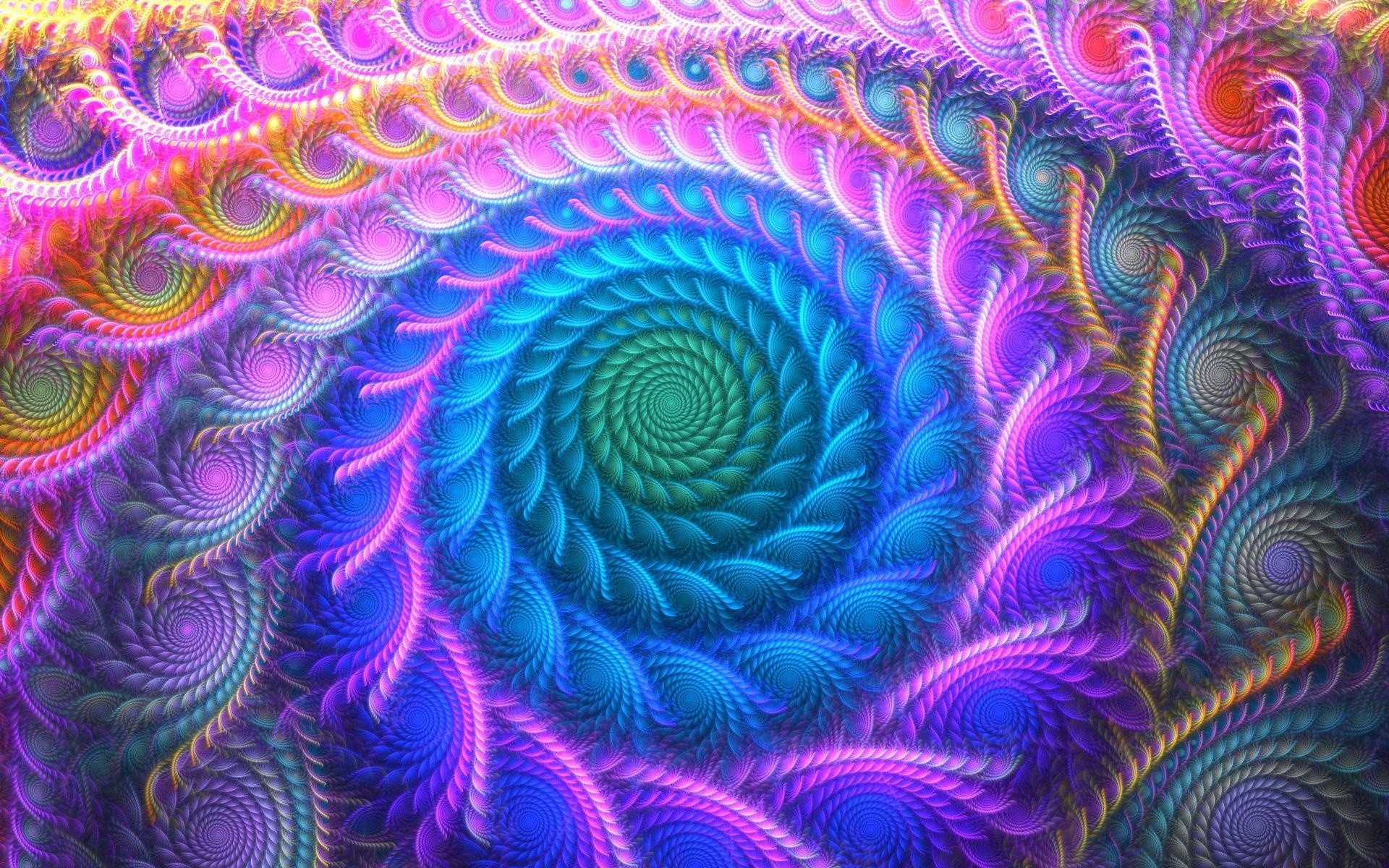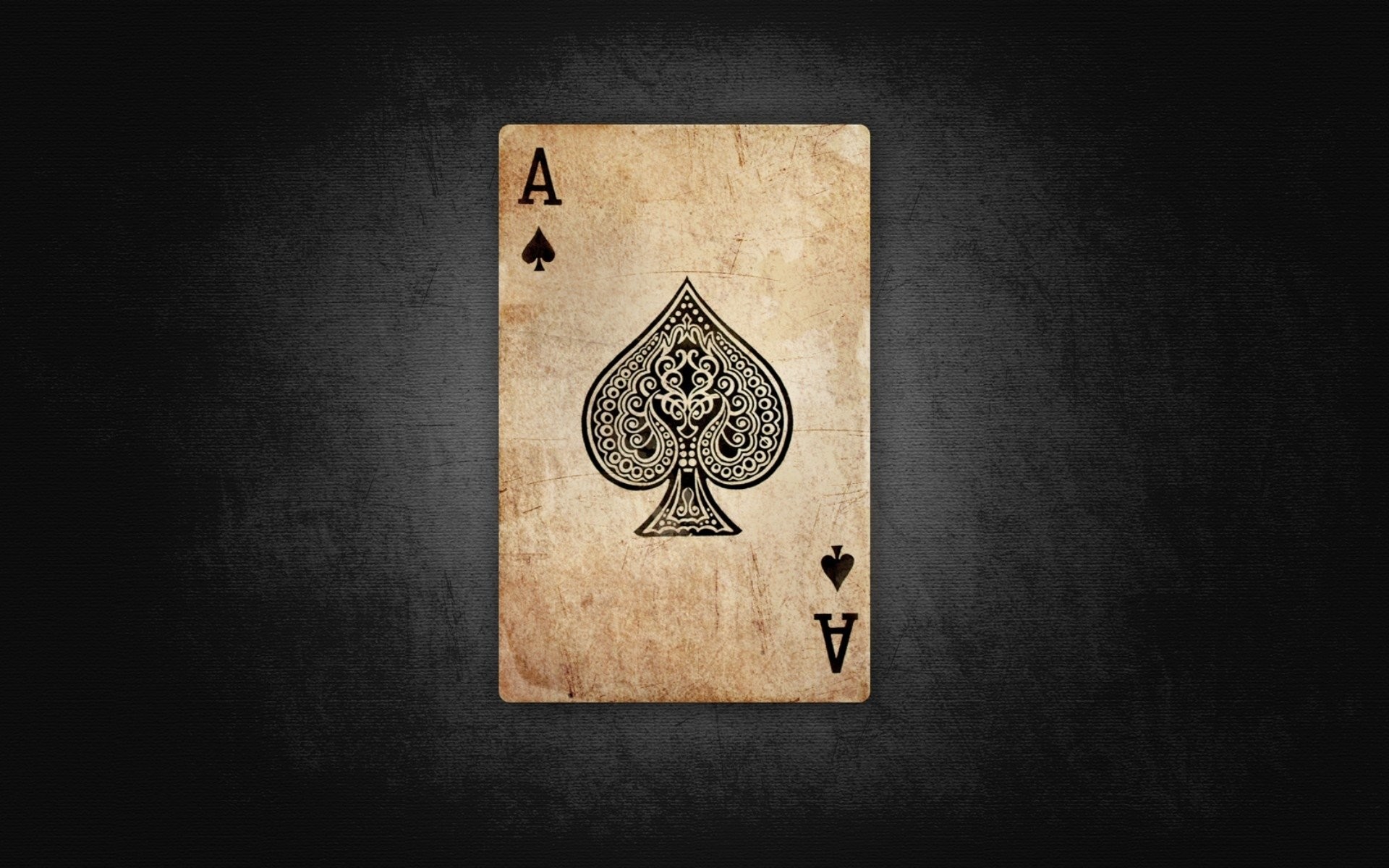Types of Acne in Dreams
Pustules and Cysts: Emotional Blockages
Acne dreams are a common occurrence that can have various interpretations, depending on the type of acne and its emotional significance.
Dreams about acne can symbolize emotional blockages, stress, anxiety, or unresolved issues from the past.
The type of acne in your dream can provide clues to the underlying issue you’re experiencing:
- Blackheads: Blackheads represent unconscious feelings of resentment, guilt, and shame that are suppressed beneath the surface. They may indicate a need for self-reflection and acknowledgment of unresolved emotions.
- Whiteheads: Whiteheads signify a buildup of emotional tension or pent-up stress that needs to be released. They can also symbolize a desire for clarity and purity in your life.
- Pustules and Cysts: Pustules and cysts represent deeper-seated emotional wounds, such as trauma, rejection, or hurt. They may indicate a need for healing and self-care to release the accumulated pain and negativity.
Here are some possible emotional blockages associated with pustules and cysts:
- Dishonesty and deception towards oneself
- Repressed emotions, such as anger or sadness
- Past hurts or traumas that still linger in the subconscious
- Moral compromises and guilt-ridden decisions
Dreams about specific types of acne:
- Popping a pimple: This dream can indicate a need to confront and resolve a long-standing issue or emotional wound. It may also represent a sense of relief or catharsis.
- Cystic acne: Cystic acne in your dream can symbolize a severe emotional blockage, such as a deep-seated fear or anxiety that requires attention and healing.
Tips to overcome the emotional blockages represented by acne dreams:
- Engage in self-reflection and journaling to identify and acknowledge unresolved emotions
- Prioritize self-care and stress management techniques, such as meditation or yoga
- Foster a supportive network of friends and loved ones for emotional support
- Practice forgiveness and letting go of past hurts or traumas
Remember that acne dreams are highly personal and subjective. The key to understanding their meaning is to explore your emotions, thoughts, and experiences associated with the dream.
These types of acne may represent emotional blockages or unresolved issues in waking life
Acne dreams can be unsettling and often leave people wondering what they might mean. While acne on the skin can be a reflection of physical health issues, its appearance in dreams may represent deeper emotional concerns. There are various types of acne that can appear in dreams, each with its own symbolism.
Pustules or Whiteheads:
Dreaming about pustules or whiteheads could indicate unresolved emotions or hidden feelings that you’re suppressing. These may be related to past traumas, unexpressed love for someone, or unmet needs in your waking life. Pustules and whiteheads are small, but they can cause discomfort, which reflects the emotional strain you might be experiencing due to these unresolved issues.
Blackheads:
Dreams about blackheads may signify inner blockages or feelings of being trapped or stuck. Blackheads in dreams often symbolize an inability to move forward with a situation or a relationship. They can also indicate fear of change or resistance to new ideas. In waking life, if you’re experiencing emotional stagnation or difficulty expressing yourself openly, your subconscious might manifest blackheads in a dream.
Cysts:
Dreaming about cysts typically points to repressed emotions, trauma, or unresolved issues that are causing inner turmoil. Cysts in dreams often indicate deep-seated emotional pain and may be related to past experiences that have left psychological scars. They can also symbolize a feeling of being isolated or disconnected from others.
Nodules:
Dreams featuring nodules might represent anxiety, stress, or worry about a specific issue in your waking life. Nodules in dreams often symbolize the buildup of pressure that’s leading to emotional distress. If you’re experiencing high levels of anxiety or feeling overwhelmed by situations, your subconscious may manifest nodules in your dream.
Acne on Different Body Parts:
The location of acne in a dream can also have specific meanings related to areas of the body they appear on. For example, acne on the face might represent concerns about appearance, identity, or how others perceive you. Acne on the back could symbolize past issues that are now resurfacing and affecting your emotional well-being.
In conclusion, dreaming about different types of acne can be a reflection of emotional blockages or unresolved issues in waking life. By examining the type of acne and its location in your dream, you may gain insight into what’s causing distress in your subconscious mind and how to address these concerns.
According to research by the American Psychological Association, unresolved emotions can manifest physically as skin conditions
In the realm of dream interpretation, acne has long been associated with emotional turmoil and unresolved conflicts. According to research by the American Psychological Association, unresolved emotions can manifest physically as skin conditions, and acne in particular is thought to be a manifestation of inner turmoil.
The type of acne that appears in a dream can provide insight into the underlying issues driving the emotion. For instance, blackheads, which are small, dark bumps on the skin, may represent feelings of resentment or frustration that have been suppressed for some time.
Whiteheads, on the other hand, are typically considered to be a sign of emotional blockage or a lack of emotional release. They can indicate that the dreamer is holding onto their emotions and not allowing themselves to process and heal from past experiences.
Pustules are another type of acne that may appear in dreams, representing infections or feelings of guilt or shame that have been internalized.
Cysts, which are large, painful pimples, can signify deep-seated emotional pain or trauma that is still unresolved. They may indicate that the dreamer needs to confront and work through their emotions in order to heal and move forward.
Acne in dreams can also be influenced by external factors such as stress, hormonal changes, and certain medications. In some cases, acne may simply be a reflection of physical issues rather than emotional ones.
In addition to these types of acne, the dreamer’s emotional state can also influence the appearance of acne in their dreams. For example, if the acne is severe or widespread, it may indicate that the dreamer feels overwhelmed by their emotions and unable to cope with the demands placed upon them.
On the other hand, if the acne is mild or localized, it may suggest that the dreamer has some control over their emotions and is able to manage their stress levels effectively.
It’s worth noting that dream interpretation should be taken as a subjective process, and what one person considers a positive omen another might view as negative. The most important aspect of understanding acne in dreams is to explore the personal associations and connections each individual makes between their dreams and waking life experiences.
In conclusion, the type of acne that appears in a dream can provide valuable insight into the underlying emotional issues driving it. By paying attention to the specifics of the acne and its context within the dream, individuals can gain a deeper understanding of themselves and work towards healing and personal growth.
Causes of Acne Dreams
Stress and Anxiety: Physical Symptoms
Acne dreams can be unsettling and leave you wondering what they signify. These nightmares often occur due to various reasons related to our physical and emotional state.
One possible cause of acne dreams is Stress. When we’re under a great deal of stress, our body releases hormones like cortisol which can lead to breakouts in real life. Similarly, during sleep, the brain can pick up on these stress signals and manifest them as acne dreams.
Anxiety is another common trigger for acne dreams. Anxiety can cause our skin to become sensitive and inflamed, leading to physical symptoms that mirror those experienced in an acne dream. This can create a vicious cycle where anxiety causes acne-like symptoms in the waking world, which are then reflected in our subconscious mind as nightmares.
Stress and anxiety often go hand-in-hand with Sleep Deprivation, making it difficult for us to get quality restful sleep. When we don’t get enough sleep, our brain can enter a state of heightened alertness, leading to vivid dreams that may be unsettling or disturbing. Acne dreams are no exception.
Another cause of acne dreams is the subconscious mind’s way of dealing with past traumas or emotional baggage. When we experience traumatic events or accumulate emotional pain, our brain processes these experiences as a threat to our well-being and creates vivid nightmares to cope with them. In the case of acne dreams, this can manifest as feelings of embarrassment, shame, or inadequacy.
Lastly, Hormonal Changes during puberty, menstruation, pregnancy, or menopause can lead to acne-like symptoms in real life, which may then be reflected in our dreams. This is due to the fluctuating hormone levels affecting our skin and our emotional state.
In conclusion, acne dreams are often a manifestation of underlying physical or emotional issues. By recognizing these causes and addressing them, we can work towards reducing stress, anxiety, and promoting overall well-being – both physically and emotionally.
Acne dreams may also indicate stress or anxiety that is affecting physical health
Acne dreams can be unsettling and puzzling, but understanding their underlying causes may provide valuable insights into our subconscious mind. One possible explanation for acne dreams is stress or anxiety, which can manifest physically as well as emotionally.
When we’re under a lot of stress or anxiety, our body’s natural response is to produce more hormones, such as cortisol and adrenaline. These hormones can cause an increase in sebum production, leading to clogged pores and acne breakouts.
In the context of dreams, acne may symbolize feelings of overwhelm or being overburdened. Just as our skin needs time to clear up from a breakout, we may need space to process and manage our emotions. Acne dreams can also indicate unresolved issues or conflicts that are causing emotional distress.
Another possible cause of acne dreams is self-criticism or negativity. When we’re overly critical of ourselves, it can lead to feelings of shame and low self-esteem, which may manifest as acne in our dreams. This is because our subconscious mind associates the physical appearance of acne with internal flaws.
Additionally, acne dreams can be related to body image issues or disguise. In this sense, the dream is not just about the physical appearance of acne but also about the emotional connection we have with our body. This may stem from past experiences, cultural pressures, or societal expectations.
It’s worth noting that acne dreams can also be a manifestation of fear or uncertainty. For example, a person who is afraid of rejection may dream about acne as a way of coping with their anxiety. Similarly, someone who is uncertain about their future may dream about acne as a symbol of their inner turmoil.
Ultimately, the meaning of acne dreams can vary depending on the individual and their personal experiences. By examining our emotions, thoughts, and behaviors, we can gain insight into what our acne dreams might be trying to tell us.
Studies by the National Institute of Mental Health suggest a link between psychological distress and skin symptoms
The causes of acne dreams can be attributed to various factors, including psychological stress and anxiety. Research by the National Institute of Mental Health has shown a correlation between psychological distress and skin symptoms. This suggests that individuals who experience high levels of stress or anxiety may be more likely to dream about acne.
Another possible cause of acne dreams is related to emotions such as guilt, shame, or feelings of inadequacy. These negative emotions can manifest in the form of pimples or acne in a dream, serving as a symbol for unresolved emotional conflicts. In this context, acne dreams may represent an individual’s attempt to confront and deal with underlying emotional issues.
Certain life events or situations can also trigger acne dreams. For example, experiencing a major change or transition in life, such as moving to a new home or switching jobs, can lead to feelings of uncertainty and anxiety, resulting in acne dreams. Similarly, personal relationships or conflicts can contribute to stress and anxiety, which may be reflected in acne dreams.
In addition to psychological factors, certain sleep patterns and habits can influence the frequency and intensity of acne dreams. For instance, lack of sleep, irregular sleep schedules, or poor sleep quality can disrupt the normal functioning of the brain and lead to vivid and disturbing dreams, including those involving acne.
Furthermore, hormonal fluctuations during puberty, menstruation, or pregnancy can also contribute to acne dreams. Hormonal changes can affect the skin and lead to breakouts, which may be reflected in dreams as a manifestation of the body’s physical response to these hormonal shifts.
In some cases, acne dreams may be related to underlying medical conditions such as thyroid disorders or polycystic ovary syndrome (PCOS), which can cause hormonal imbalances and skin symptoms. If an individual experiences frequent or persistent acne dreams alongside other symptoms, it is essential to consult a healthcare professional for proper evaluation and diagnosis.
It is also worth noting that the content of acne dreams can vary widely from person to person, reflecting individual differences in life experiences, personality traits, and coping mechanisms. By exploring the underlying causes of acne dreams, individuals can gain insight into their psychological state, emotional well-being, and physical health, ultimately leading to a better understanding of themselves.
- Bandit Dream Meaning: What Does A Bandit Mean In Your Dream? - September 15, 2024
- Bruise Dream Meaning: What Does A Bruise Represent In Your Dream? - September 14, 2024
- Bakery Dream Meaning: What Does A Bakery Mean In Your Dream? - September 13, 2024







